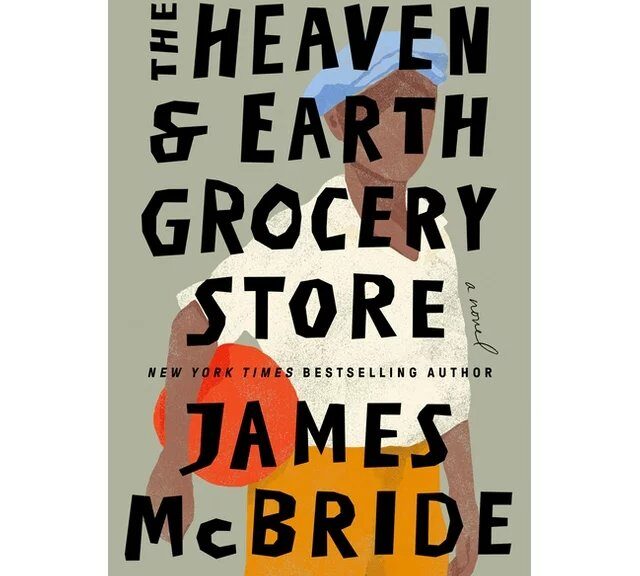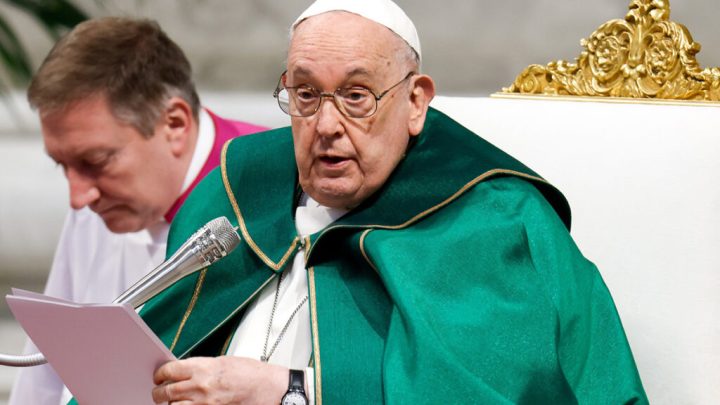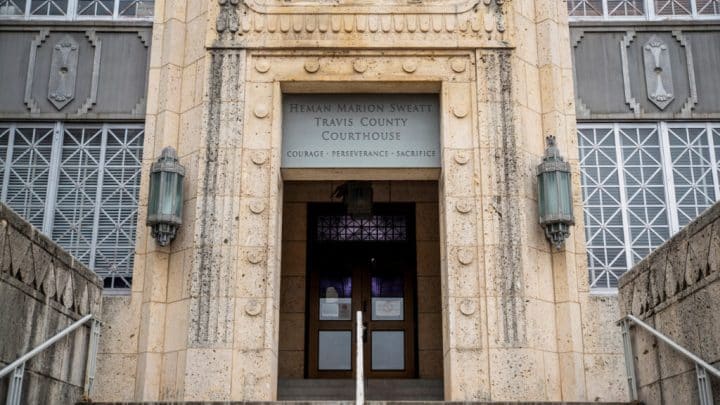
“The Heaven & Earth Grocery Store”:
James McBride, Riverhead Books (2023)
400 pages, $28
“God, I thank you that I am not like other people,” the Pharisee prayed in Jesus’ parable of the Pharisee and the tax collector. This prayer is probably familiar to most people if they’re being honest — making a comparison of one’s situation to that of another’s is pretty standard human behavior. But in James McBride’s newest novel, “The Heaven & Earth Grocery Store,” that ingrained human sense of comparison and competition prove to be not only a thief of joy, but ultimately lead to loss of life.
The novel opens in 1972, with the discovery of a skeleton in a well in Pottstown, Pennsylvania, before McBride drops the reader off in a section of the same town known as Chicken Hill in the 1920s and 30s.
It is here, in the years between the World Wars, that the majority of the novel takes place — in a community of people from various nations and backgrounds.
It would be a stretch to call Chicken Hill a melting pot, as all the different ethnic groups tend to stay as far away from each other as possible, communally living out the fastidious prayer of the Pharisee: “God, we thank you that we are not like those other people.”
In Chicken Hill, Jewish immigrants live as neighbors with African Americans, different but in some ways united as people who experience persecution. There is also a significant community of Italian Americans. Two of the main characters are a Jewish couple, the wife having inherited the book’s titular store from her father.
The couple, Moshe and Chona, find themselves providing asylum for a deaf and mute African American child in the Heaven and Earth Grocery Store. The child’s mother has recently died, and the local leader of the Ku Klux Klan is attempting to institutionalize him.
The premise of a Jewish couple hiding an African American child mere years before the Holocaust in Europe provides a poignant counterexample to the Pharisee’s prayer. Instead of keeping their distance in the face of a neighbor’s suffering, Moshe and Chona are willing to enter into the boy’s need and his vulnerable situation — to embrace their neighbor’s problem as their own. They offer a safe, but difficult, haven in a world full of hatred.
McBride’s unique writing style reads in many places like a train of thought — a stream of consciousness with a cadence that is both familiar and slightly disorienting. The linear storyline cedes the spotlight to the community that the author constructs and puts forth as a setting — think of the stage set of a play.
It’s an artistic decision that makes the book difficult to read in several places. The slow burn and moody distractions means that the shocking skeletal discovery that introduces the novel is practically forgotten by the time the identity of the deceased is revealed.
Readers who come into the book looking for an experience of community rather than a straightforward plot or a whodunnit will discover a great American novel. Otherwise, they might be confused and disappointed.
Readers should beware that “The Heaven & Earth Grocery Store” has some strong language and slurs which would have been commonplace at the time of the story’s setting, but may be shocking, discomfiting or upsetting to modern minds. Furthermore, in some places, characters refer to the antisemitic notion that the Jewish people, including modern Jews, are responsible for the death of Christ. The Catholic Church does not hold the Jewish people responsible for Jesus’ crucifixion, as St. Paul VI wrote in “Nostra Aetate”: “The Church has always held and holds now, Christ underwent His passion and death freely, because of the sins of men and out of infinite love, in order that all may reach salvation.”
– – –
Cecilia Cicone is an author and communicator who works in diocesan ministry in northwest Indiana.




